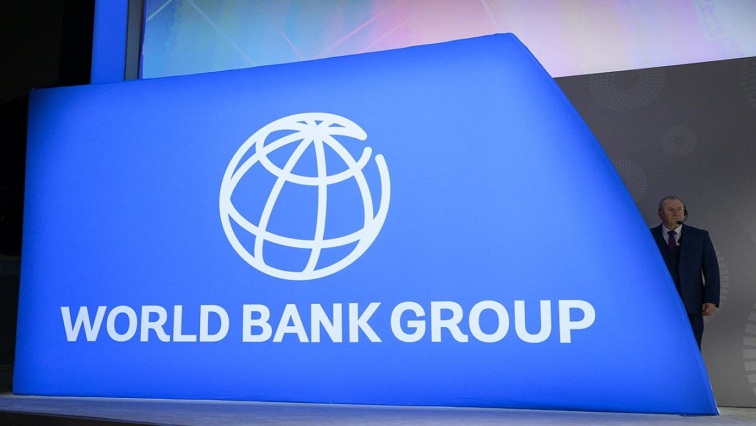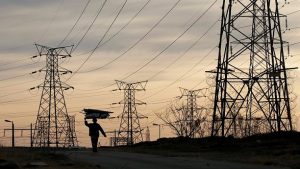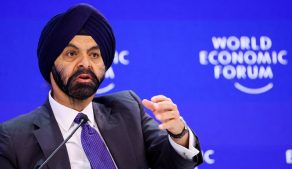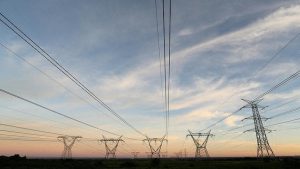The World Bank has authorized a one-billion-dollar (approx R19 billion) loan to assist South Africa in dealing with its electricity issues.
The bank wants to support the country’s reforms to divide Eskom into three entities and transition to a low-carbon economy.
This comes as regular load shedding has hampered economic growth. However, analysts have different views on whether dividing Eskom into three separate entities will assist in solving the country’s power problems.
The World Bank believes that the government’s initiatives will have a positive impact on South Africans, the economy and the environment.
According to the bank, the loan will contribute to decreasing water and air pollution by reducing reliance on coal for electricity generation.
In 2019, the government promised to split Eskom into three entities encompassing: transmission, generation, and distribution.
Monique le Roux, energy expert at the CSIR explains, “Splitting Eskom will help Eskom in the long run and will enable private generation to be connected to the network to create IPPs. I think the biggest factor to consider when looking at the one-billion-dollar loan is whether the money will be spent appropriately or there will be corruption. I think people are naturally hesitant when large sums of money are received by the government.”
Economists say receiving financial assistance from the World Bank is a viable option, provided that South Africa can secure favorable, low-interest rates. Government took on a R254-billion debt in February this year to rescue Eskom.
Jannie Rossouw, a visiting professor at Wits Business School explains, “Borrowing from the World Bank can be a good idea if we get concessionary interest rate and I would want assurance that the money would not be stolen and I would want to see the conditions of the loan. I cannot understand why these conditions can’t be published for public scrutiny.”
Analysts agree that South Africa’s best solution to address the electricity crisis is to grant the private sector the opportunity to increase electricity production.
However, their perspectives vary on whether dividing Eskom into three distinct entities will effectively mitigate the electricity issue.





